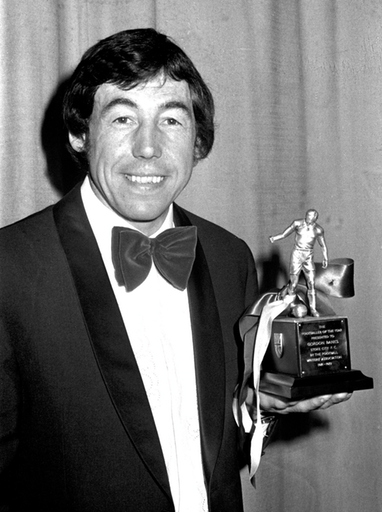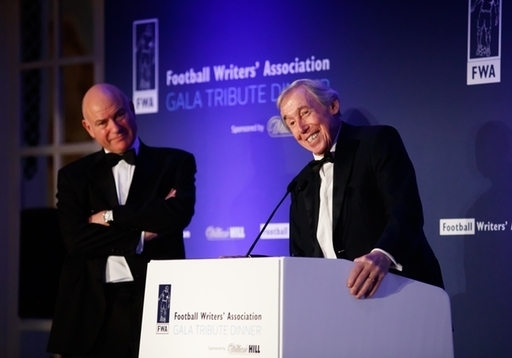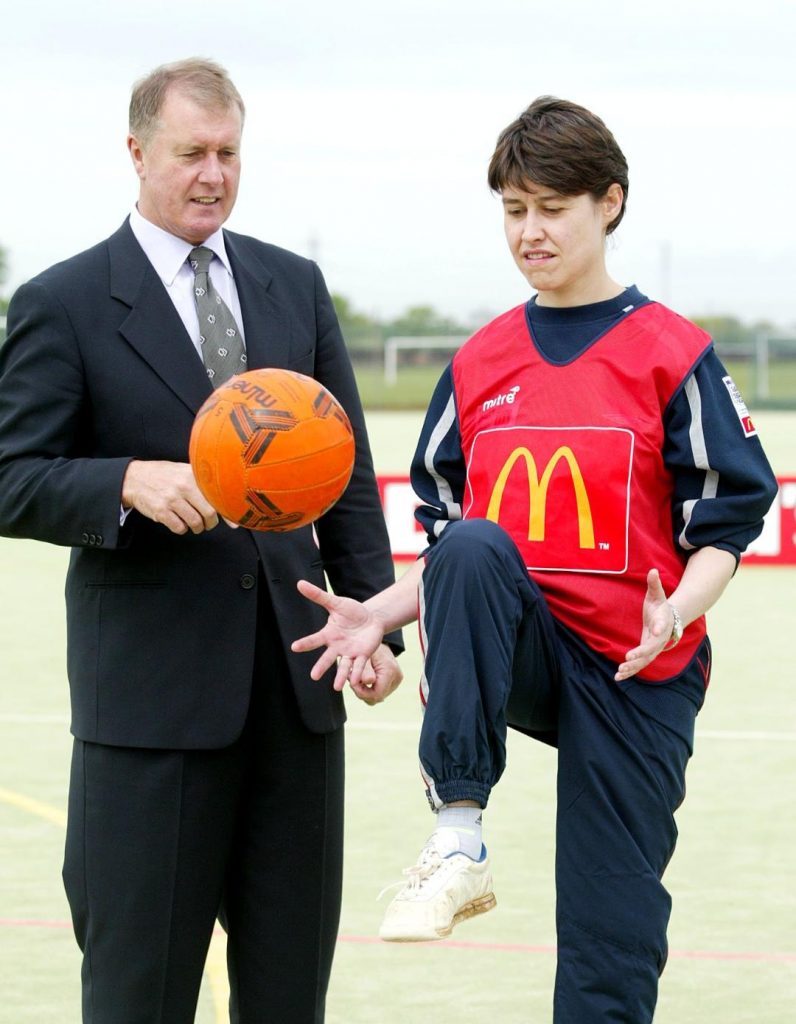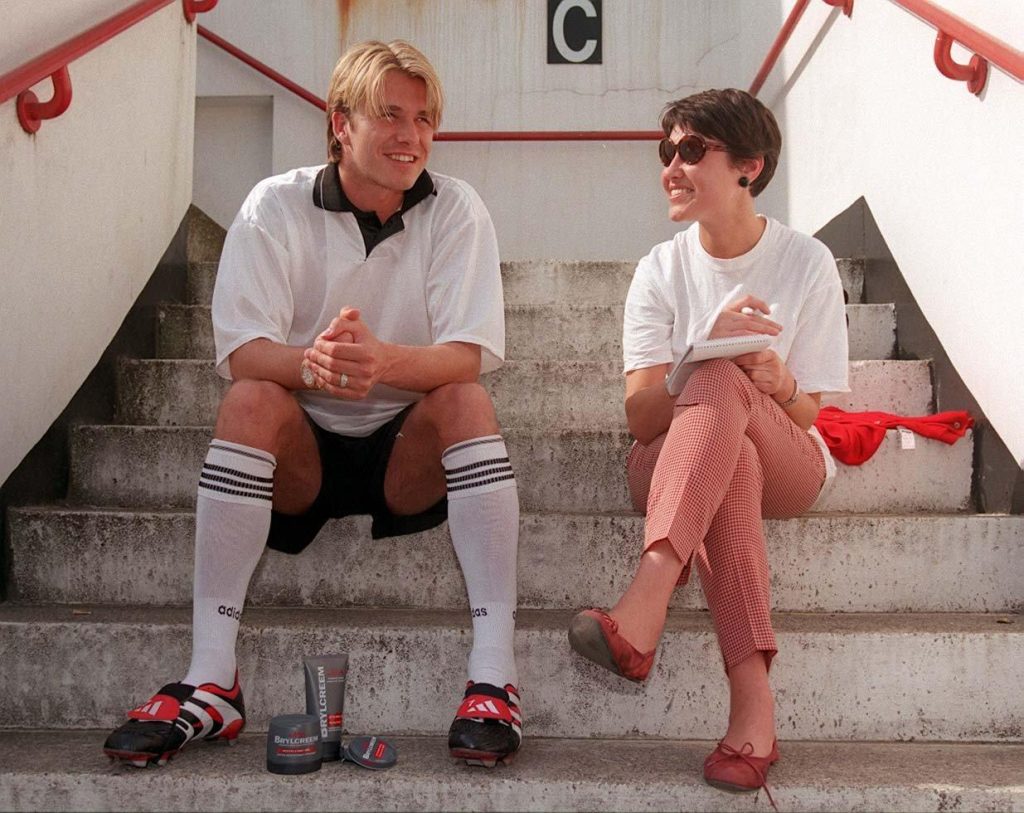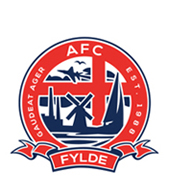The Vanarama column – Wrexham, by Glenn Moore
Having four managers in a year is not usually associated with success, but Wrexham may prove an exception. The fan-owned club handed the reins to assistant manager Graham Barrow in December after Sam Ricketts, himself only appointed in May, moved to Shrewsbury Town. It seemed a sound choice as Barrow had enjoyed a successful spell as caretaker but it did not take long for the veteran to decide the altered dynamics associated with being No.1 were no longer to his liking.
He stepped down and in has come Bryan Hughes, a 42-year-old of much more limited managerial experience but with a long association to the club. A teenaged Hughes began his career at Wrexham in the mid-Nineties and was a key figure in the club’s 1997 FA Cup run. A busy midfielder he went on to have a decent career, twice winning promotion to the Premier League and playing more than 150 matches in the top flight for Birmingham City, Charlton Athletic and Hull City.
On Saturday his second spell at the Racecourse Ground began with a win over Dagenham & Redbridge that moved the Red Dragons into the top three of the Vanarama National League. More than 5,000 were present to welcome back Hughes and with the club moving within two points of the only automatic promotion slot the promotion dream is back on.
When Hughes played for Wrexham they were the best team in Wales. Indeed, they were as recently as 2001. That season, with Denis Smith in the dug-out, Darren Ferguson leading on the pitch, and a burst of goals from a non-League discovery called Lee Trundle, the Red Dragons finished 10th in what was Division Two and is now League One. Swansea were heading for the fourth tier after relegation, replaced by Cardiff City, promoted from the basement behind Brighton. Newport County were in the Southern League.
However, Wrexham went down in 2002 and while they briefly bounced back to the third tier they soon began a precipitous slide that involved two relegations in four years and a period in administration. They have now been in the Vanarama National League since 2008. They made three trips to the play-offs in the first five seasons plus an FA Trophy win in 2013, but have subsequently been mired in mid-table.
Meanwhile Cardiff are in the Premier League, Swansea, after enjoying seven seasons in the top flight, are in the Championship, and Newport, having climbed out of non-League, are established in League Two and making headlines in the FA Cup.
While football in South Wales has prospered it has been a bitter decade for North Wales, but there are signs of a revival. Average gates are, astonishingly, at their highest in more than 30 years and in March the national team returns to the Racecourse Ground for the first time since 2008.
Hughes, whose only previous managerial experience consists of a few months as joint-boss at Scarborough Athletic, is aware he has been given ‘a wonderful opportunity’. With the Vanarama National League title very much up for grabs it is one he hopes to seize.
for more on Wrexham, visit https://www.wrexhamafc.co.uk/
For more on the Vanarama League, see: http://www.wrexhamafc.co.uk
For great deals on cars and vans lease and hire, see https://www.wrexhamafc.co.uk/




